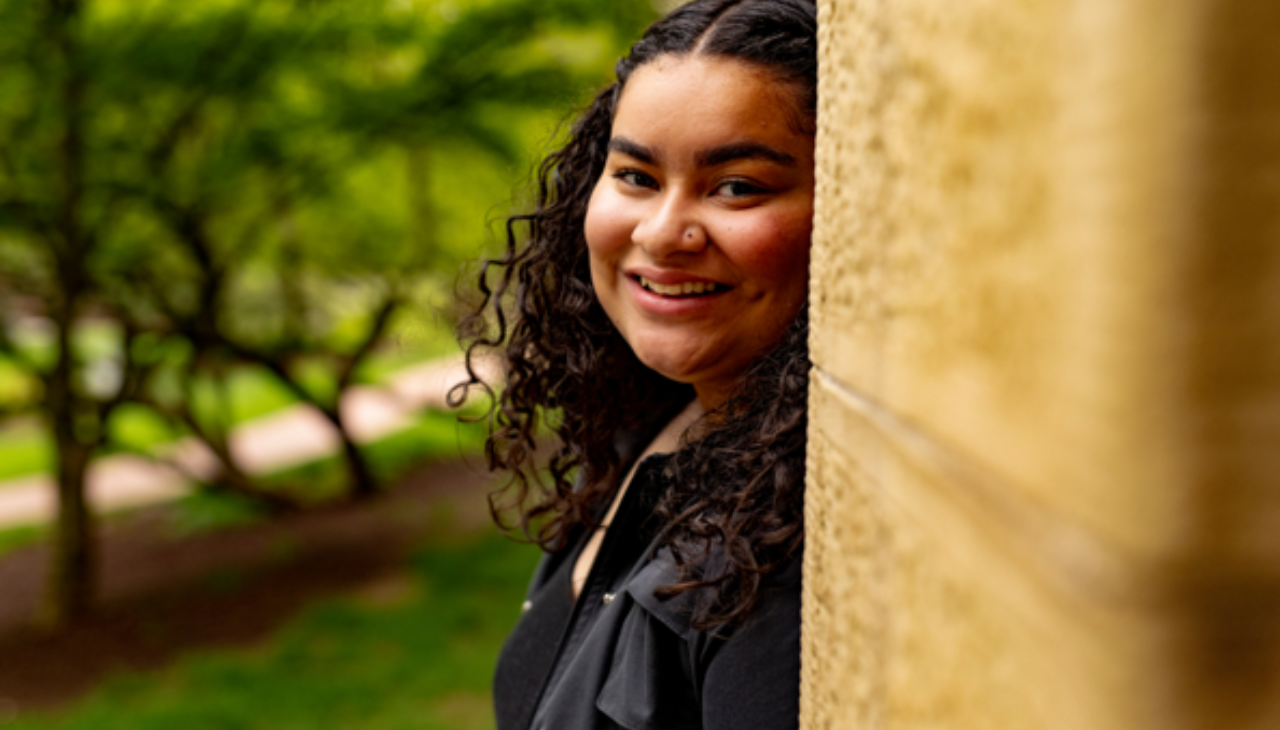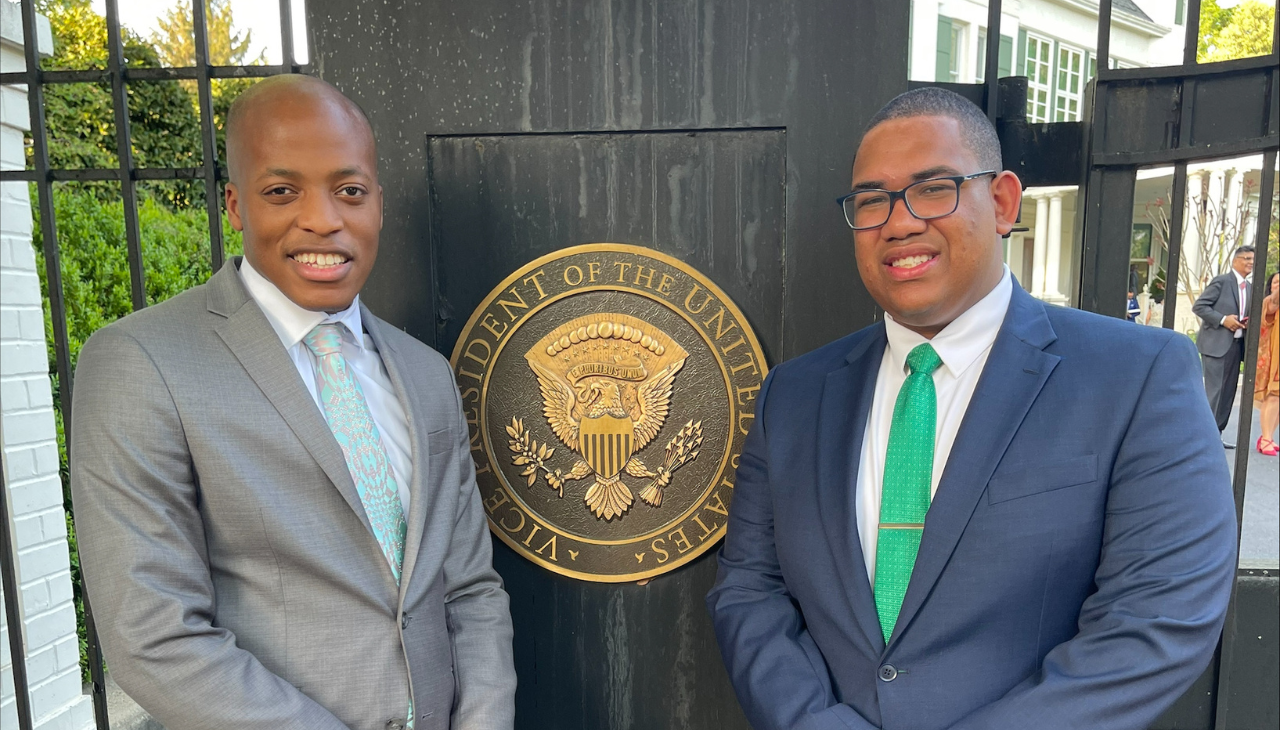
Study: The curious brain is a vortex
The key to learning is curiosity, and that’s not just a cliché any more. In a University of California Davis study published by the journal Neuron, researchers discovered that curiosity affects our brain's learning and memory — and not just when it comes to things that peak our interest.
“These findings suggest ways to enhance learning in the classroom and other settings," lead author Matthias Gruber said.
Researchers put participants to the test quite literally. Subjects started out by rating their curiosity about learning answers to trivia questions. Before given the answer, participants were shown a picture of an unrelated face for 14 seconds. Later, a memory test revealed that not only did the curious minded remember trivia answers that interested them — they were also more likely to place the faces that flashed before those answers. Gruber interpreted the results by comparing the curious brain to a vortex that “sucks in what you are motivated to learn, and also everything around it.”
Throughout the test, researchers scanned participants’ brain activity. The MRI revealed that stimulating curiosity affected two areas of the brain — reward and memory. The study found that curiosity releases dopamine, a chemical associated with motivation that is more powerful than any A+ could be at the end of the day.










DEJE UN COMENTARIO:
¡Únete a la discusión! Deja un comentario.